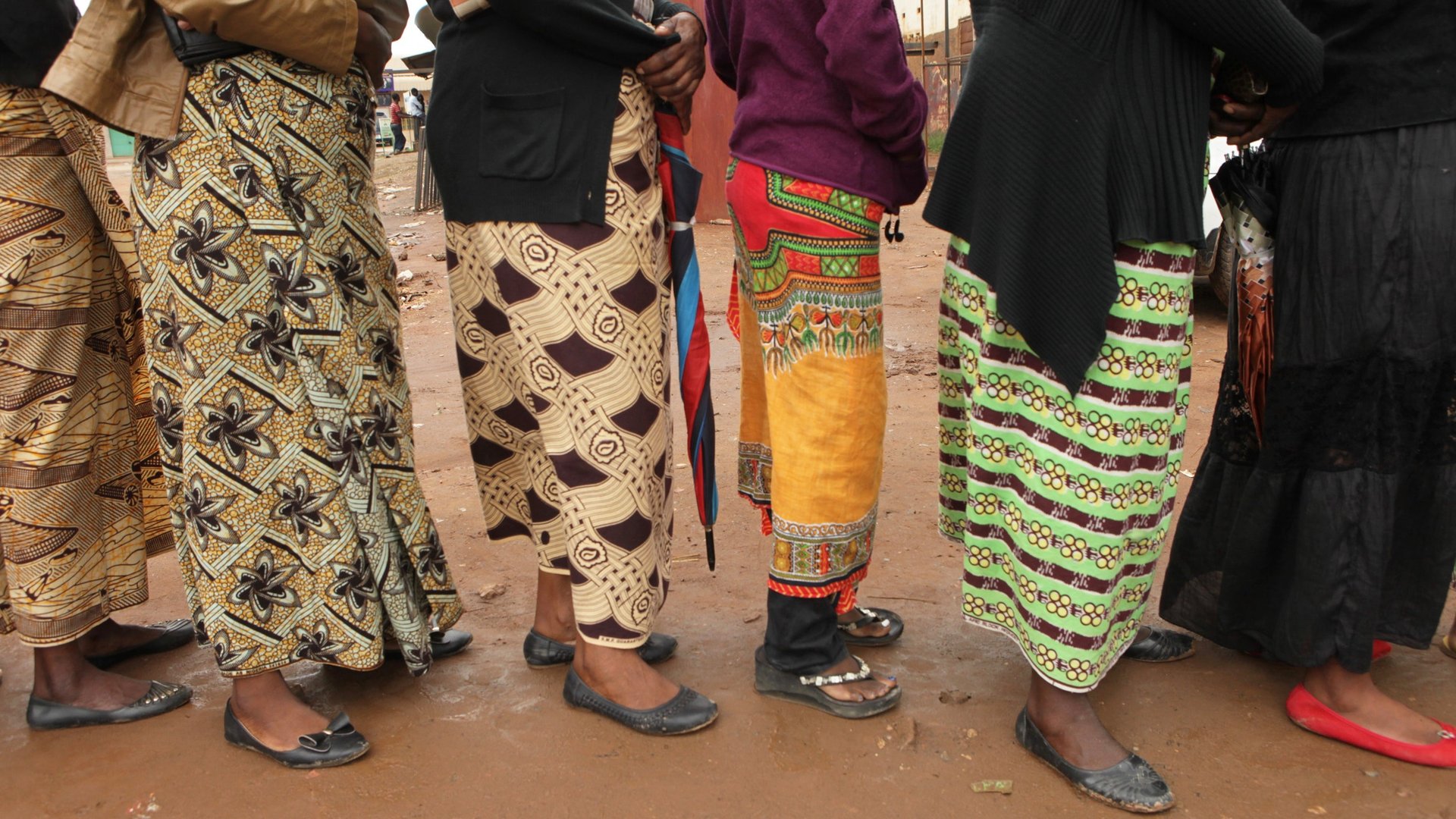Trump’s Global Gag rule on abortion is hurting African women
Nicknamed the “Mexico City Policy,” president Donald Trump’s Global Gag rule has gone much further, restricting access to reproductive health to women around the world, especially in Africa.


Nicknamed the “Mexico City Policy,” president Donald Trump’s Global Gag rule has gone much further, restricting access to reproductive health to women around the world, especially in Africa.
On the day when women around the world mark the gains made, especially in the last year, women in developed countries are reminded of just how vulnerable they are to patriarchal policy decisions thousands of miles away.
In January 2017, Trump restored the so-called Mexico City Policy that was first instituted by the Reagan administration in 1984. Just as he did with former president Ronald Reagan’s slogan “Make America Great Again,” Trump recycled the conservative policy, and then took it further.
The policy cut funding to any foreign non-governmental organisations that “perform or actively promote abortion as a method of family planning.” In its current form, the policy affects HIV, maternal health, child health, nutrition and even malaria programs, according to the Kaiser Family Foundation. In March 2017, Trump also reinstated the Kemp-Kasten amendment, which uses a broad definition of abortion and sterilization to prohibit funding to the United Nations Population Fund.
In Africa, the effect was felt almost immediately. The Kisumu Medical and Education Trust in Kenya has lost the $2 million it expected in grants between 2017 and 2012, according to the Population Connection Action Fund. Those grants were supposed to go toward providing free contraceptives and counseling on safe abortion options.
Kenya’s first family planning NGO, Family Health Options Kenya, was established in 1962, more than twenty years before the law that is now threatening its existence. The local NGO has a network of clinics and volunteers, providing services like HIV/Aids care and education along with reproductive health. Now it may lose half its budget.
Abortion is legal in Kenya, as long as it is carried about by a trained medical professional, yet each year nearly 21,000 women only see a doctor when they succumb to complications from unsafe backstreet abortions, according to Kenya’s The Star newspaper. Stigma and a lack of proper access to information and resources means that half of the estimated 465,000 abortions carried out in Kenya are done in unsafe, deadly condition. The statistics are sobering, given that Kenya’s public health system has tried to provide contraceptives since the 1970s—and it’s helped the country’s current development. In poor, or rural areas though it is often NGOs who provide the information and services women need to make safe choices.
In less developed Niger, the situation is dire. Niger has one of the world’s highest birth rates at average of 7,6 per woman, the World Bank estimates. In the impoverished West African country, less than 17% of women give birth in hospitals according to Unicef.
Marie Stopes International entered Niger in 2014, where they hoped to provide contraceptives in a country where just about 12% of women have access to modern contraceptive and prevent backdoor abortions. Their funding will also be cut.
These are just some examples of how far reaching the White House legislation is. In 2017, the US gave $608 million to reproductive health and family planning programs. This year, however, that funding has been weakened by the Global Gag rule and delayed by the Kemp-Kasten Amendment, according to the Kaiser Family Foundation. Those laws could affect the lives of nearly 214 million women.